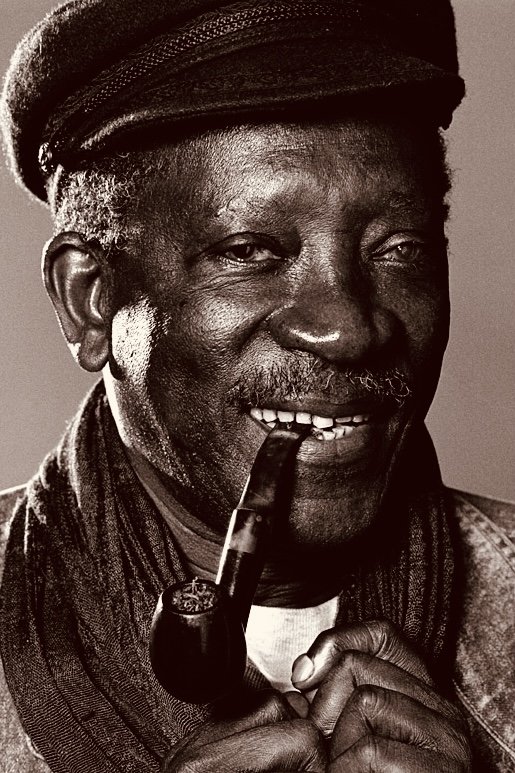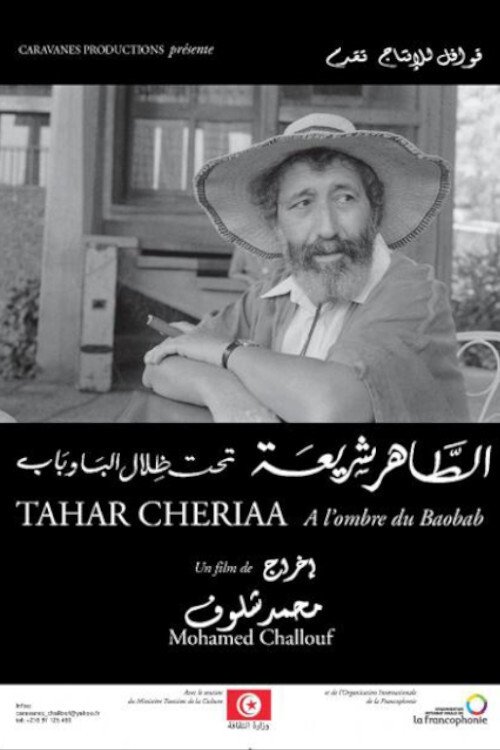
The film uses a collection of post-World War II black & white photographs to portray the dockworkers of Marseilles, many of whom were of African descent. Set in and around a 1947 strike protesting weapons shipments to the French in Indochina, the images evoke the life and work of Senegalese filmmaker, Ousmane Sembène, a former dockworker, and one of the founding figures of the New African Cinema of the 1960s.

Meet Ousmane Sembene, the African freedom fighter who used stories as his weapon.

Tahar Cheriaa: Under the Shadow of the Baobab documents the career of one of the core fathers of Pan-Africanism and founder of Africa’s first film festival, the Carthage Film Festival. After Tunisian independence, Cheriaa used all his energy to bring the first authentic images of postcolonial Africa to broader audiences. The film depicts Cheriaa’s ideas and projects, with interviews and archival material creating a complete portrait of the man and his fight for both Sub-Saharan African cinema and African cinema as a whole.
Ousmane Sembène (January 1, 1923 — June 9, 2007), often credited in the French style as Sembène Ousmane in articles and reference works, was a Senegalese film director, producer and writer. The Los Angeles Times considered him one of the greatest authors of Africa and he has often been called the "Father of African film."
By browsing this website, you accept our cookies policy.